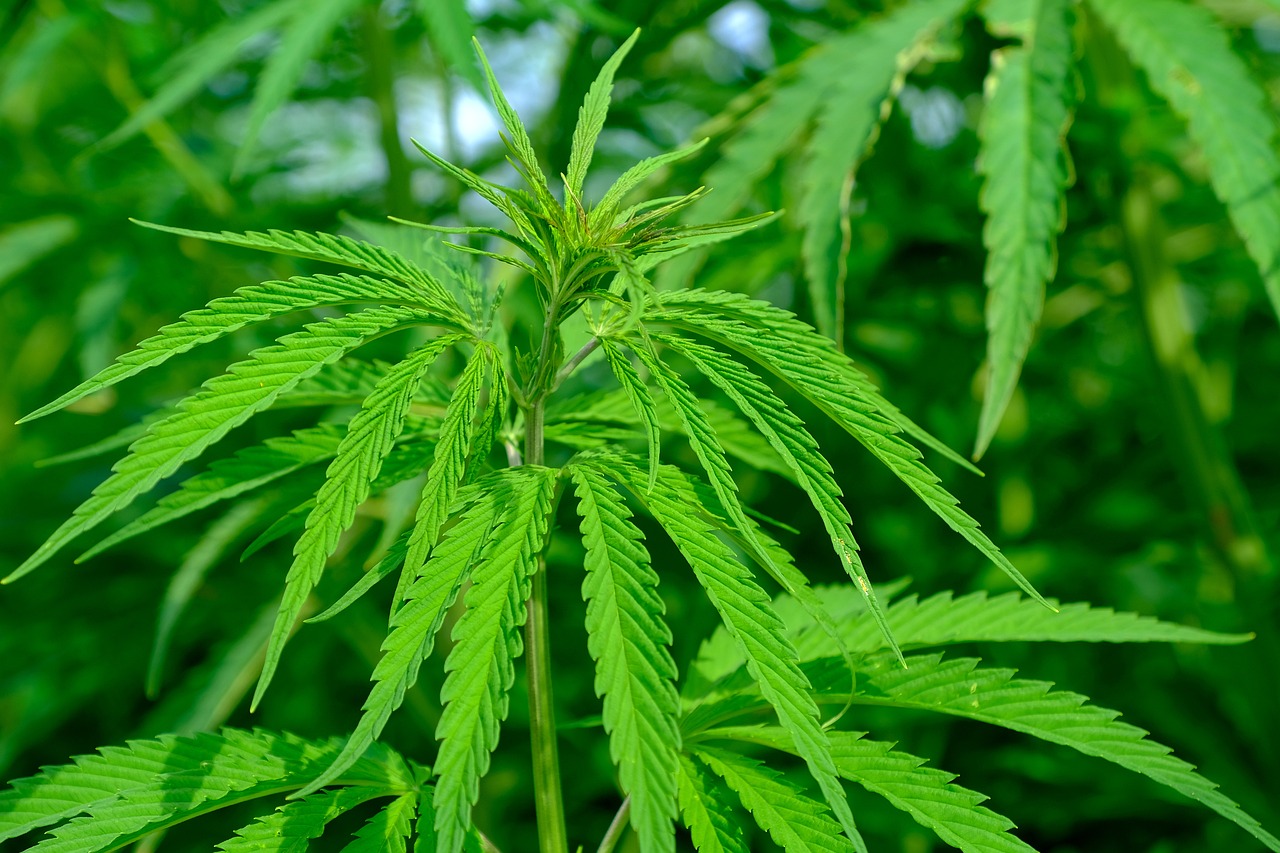In recent years, the cannabis industry has seen a surge in interest surrounding various cannabinoids and their potential benefits. One such compound that has garnered attention is THCA, or tetrahydrocannabinolic acid. Unlike its more famous counterpart, THC, THCA is non-psychoactive, meaning it does not produce the “high” associated with cannabis consumption. This article explores the benefits and uses of THCA flower which you can have at https://indacloud.co/thca-flower, providing insights into its potential applications and advantages.
What is THCA?
THCA is a naturally occurring cannabinoid found in raw and live cannabis plants. It is the precursor to THC, the compound responsible for the psychoactive effects of cannabis. When cannabis is heated through smoking, vaping, or cooking, THCA undergoes a process called decarboxylation, converting it into THC. This transformation is why raw cannabis does not produce psychoactive effects.
Benefits of THCA
Research into THCA is still in its early stages, but preliminary studies and anecdotal evidence suggest several potential benefits:
- Anti-inflammatory Properties: THCA may help reduce inflammation, making it a potential option for those suffering from inflammatory conditions such as arthritis.
- Neuroprotective Effects: Some studies indicate that THCA might have neuroprotective properties, which could be beneficial for neurodegenerative diseases like Alzheimer’s and Parkinson’s.
- Anti-emetic Benefits: THCA has shown promise in reducing nausea and vomiting, which could be helpful for patients undergoing chemotherapy or those with chronic conditions that cause nausea.
- Appetite Stimulation: Similar to THC, THCA may help stimulate appetite, offering potential benefits for individuals with eating disorders or those undergoing treatments that suppress appetite.
Uses of THCA Flower
THCA flower can be used in various ways, each offering unique benefits:
- Juicing: Consuming raw cannabis through juicing is a popular method for those seeking the benefits of THCA without psychoactive effects. Juicing preserves the cannabinoid in its natural form, allowing users to experience its potential health benefits.
- Topicals: THCA-infused topicals can be applied directly to the skin, providing localized relief for pain and inflammation without entering the bloodstream.
- Tinctures: THCA tinctures offer a convenient way to consume the cannabinoid. They can be taken sublingually or added to food and beverages for easy ingestion.
- Capsules: For those who prefer a more traditional method of consumption, THCA capsules provide a precise dosage and are easy to incorporate into a daily routine.
Case Studies and Research
While comprehensive research on THCA is limited, several studies and case reports highlight its potential:
A study published in the “British Journal of Pharmacology” explored the anti-inflammatory effects of THCA, finding that it could reduce inflammation in animal models. Another study in “Phytomedicine” examined the neuroprotective properties of THCA, suggesting it may help protect brain cells from damage.
In a case report, a patient with chronic nausea and vomiting due to gastroparesis found relief using THCA-rich cannabis. This anecdotal evidence supports the need for further research into THCA’s therapeutic potential.
Statistics and Market Trends
The cannabis market has seen a growing interest in non-psychoactive cannabinoids like THCA. According to a report by Grand View Research, the global legal cannabis market size was valued at USD 17.5 billion in 2019 and is expected to expand at a compound annual growth rate (CAGR) of 18.1% from 2020 to 2027. This growth is driven by increasing consumer awareness and demand for cannabis products with diverse cannabinoid profiles.
As more consumers seek alternatives to traditional pharmaceuticals, the demand for THCA and other non-psychoactive cannabinoids is likely to rise. This trend presents opportunities for further research and product development in the cannabis industry.
Conclusion
THCA flower offers a range of potential benefits and uses, from anti-inflammatory and neuroprotective effects to appetite stimulation and nausea reduction. While research is still in its infancy, the growing interest in THCA and other non-psychoactive cannabinoids highlights the need for further exploration. As the cannabis industry continues to evolve, THCA may play a significant role in the development of new therapeutic options for various health conditions.
